BRICS: A Signal of the End of Unipolarism in World Affairs?
When the news broke out last week that Nigeria had submitted her application to join Brazil, Russia, China, India and South Africa collectively known as BRICS, I developed a great sense of exhilaration and excitement.
Since the defunct Soviet Union collapsed in the early 1990s, the dominance of the United States of America and its western allies in the global geopolitical affairs had become worrisome.
The collapse of the Soviet Union in the early 1990s marked the end of Bi-polarism in international geopolitics, and it plunged the world into a state of topsy turvy and altered the balance of forces.
In the realm of international geopolitics, “bipolarism” refers to a situation where power and influence are largely consolidated and divided between two dominant global powers or blocs and every country was compelled to align with either of these two super world powers or blocs, that is Soviet Union or the United States and its western alliance.
Unipolarism as represented by the dominance of a sole world power – The United States of America.
Unipolarism refers to a situation in international geopolitics where there is a single dominant global power or hegemony that significantly shapes and influences world affairs.
The United States has often been considered a prime example of unipolar power, particularly in the years following the end of the Cold War.
The emergence of BRICS is an indication that the world is going to be Multipolar. Multipolarism refers to a situation in international geopolitics where power is distributed among several major global powers, resulting in a more balanced and diverse system.
In a multipolar world, multiple countries have significant influence and can shape global events and policies. One example of multipolarism is the current global order, where various countries assert their influence and power in different regions and on different issues. Some of the major global powers contributing to multipolarism include the United States, China, Russia, and the European Union.
BRICS is the new kid in the block and an indication of the emergence of the horizon of Multipolarism.
The rise of BRICS (Brazil, Russia, India, China, South Africa) can be seen as an indication of multipolarism in world affairs. BRICS countries are emerging as major economic and political powers, challenging the traditional dominance of Western countries. They have a combined population of over 3 billion people and account for a significant portion of global GDP.
India is the most populous country in the world, from the latest census data. China is the second most populous country. Brazil is the seventh most populous country in the world, while Nigeria is the sixth most populous country. Russia takes the ninth position in the world list of most populous countries.
The formation of BRICS reflects a shift in the global balance of power and provides an alternative voice in international fora.
However, it is important to note that the rise of BRICS alone does not fully represent multipolarism, as there are other factors and dynamics at play in the global system.
Nigeria is an African regional power that must be part of this emerging trend in global affairs which is the clearest indication of the end of unipolarism and dominance in international geopolitics of the United States of America which has contributed to the dollarization of the Nigerian economy and all its catastrophic consequences we are witnessing now.
* Okoi Obono-Obla



